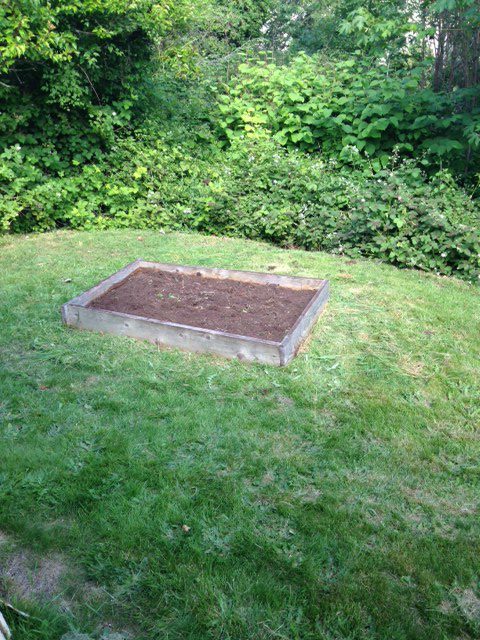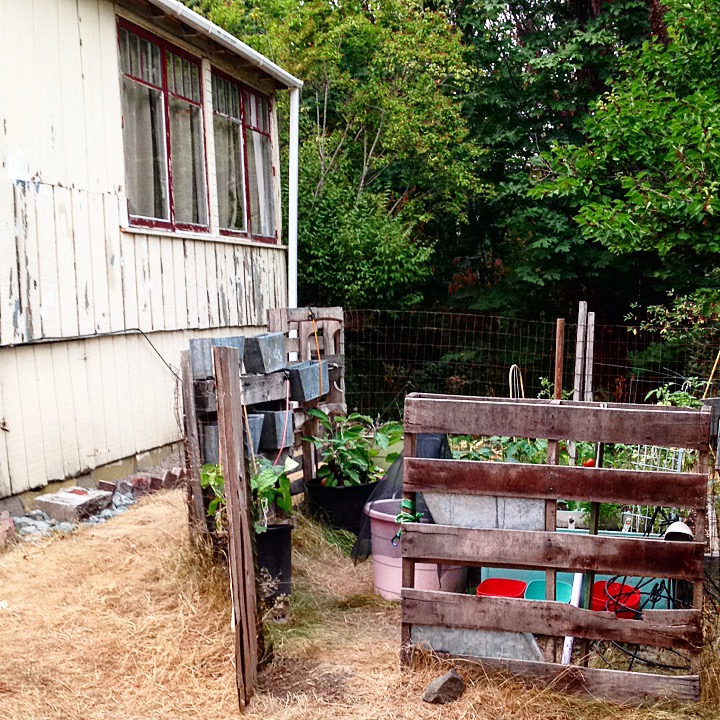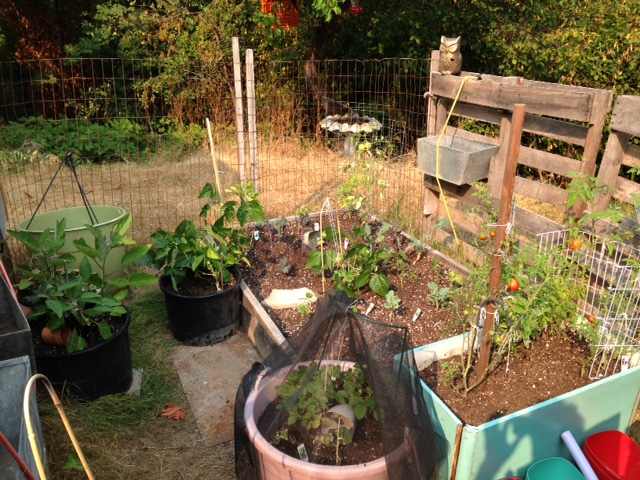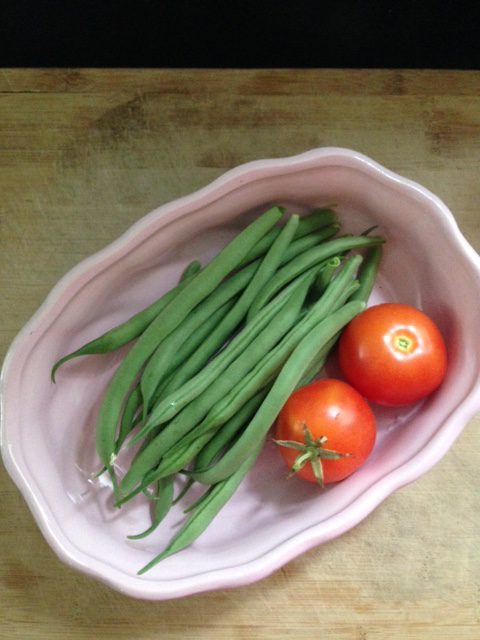Crabs skittered beneath rocks flecked with serpentine seaweed strands—nature’s gelatinous boas sopping ashore from parties in the deep. A bloated seagull bobbed their head beneath a small tide pool’s rippling surface; the repetitious machinations, a dance.
Out of the corner of my eye, a Labradoodle’s sand-dusted, curly coat blurred by as he raced full-tilt across the sandbars, his green leash soaked and trailing—his owner walking quickly behind, nodding my direction. JoJo’s ears pricked at the lowly, plaintive gull calls as the wind buffeted her tiny face, her jellybean eyes watering, dampening her cheeks.
There, at the edge of the beach, I felt an internal tug—willing me further, into the great blue horizon pocked with cream sails unfurling in the breeze. The salty air curled in my lungs as I gulped it in—willing it to fill and cleanse my mind, making all the possibilities brim and spill over into my consciousness, borne to fruition.
Certain moments crystallize in our singular perceptions of time. And this was one such instance. There I stood, hours away from Seattle, cradling JoJo: a tired, hairy, heaped mass dripping over my arms. An unlikely duo, we’d forged a necessary bond during a tumultuous time, uncertain if we’d make it. But as my feet sunk into the saturated sand, I could feel us turning a corner. Like the shells around us, we’d been battered and bleached and weathered through various trials—through rough and smooth currents blunting jagged, exposed edges: creating something new, albeit unevenly polished. We’d emerged from the deep; we could breathe.
***
I’ve been divorced for nearly a year and a half. And almost every day, I fret that I’ll become that person who can talk only about their divorce, who can’t just reference it and move on. But, slowly, I’ve recognized that, like so many other forms of loss, divorce isn’t something you can just ignore; every now and again, I have to acknowledge how it’s shaped who I am today.
When I was a kid, I often played Duck Hunt until the Nintendo overheated—the screen still, leaving the duck profiles mid-blast: fluttering feathers and pained expressions frozen in time. Only when the immersive experience was interrupted by real-life variables would I snap out of my trance-like state, pull the piping-hot cartridge out of the machine, blow on it, and shove it back in—all the while knowing the blue screen of death would win, the illusion shattered by the ultimate Game Over. But often it forced me to redirect my energies into something else—another hobby, or self-reflection.
Marital cracks are like those Duck Hunt moments: they bring reality into sharp relief, make you realize the game that you’ve been playing has been convincing, but is still a mirage whose artifice is crumbling. It forces you to decide what to do, who you want to be—and, most pointedly, if you’re satisfied with the person you are when you’re with the other.
I wasn’t. And I’m so much better for having faced that crushing fact.
***
Ricotta-beetroot filling bubbled out of the thin ravioli shell, and oozed down into the spinach encircling it—a wilted, fallen crown. My cider began to hit, lulling my mind into that ethereal haze reserved for tipsy musings that I hoped I wouldn’t let escape my subconscious and rupture through my purple, beet-stained lips.
An hour earlier, I lay sprawled across my bed, nodding in and out of shallow naps as my skin tanned from an afternoon spent outside. For the past week, I’d been forcing myself to do more things after work—pushing myself out of my daily routine and taking advantage of living in a city bursting with life.
Having grown up in a small town, I’d always relished moments in movies where characters would take trains, taxis, or buses to enjoy a night in the city—glamming themselves up in finery and disappearing into the heaping, thrumming mass of people milling through the cityscape. So, I did exactly that: threw on an outfit that made me feel confident and sexy, grabbed my wallet and phone, and jumped on a bus hurtling downtown before descending into the light rail station and watching the passengers cycle between the cars: the crowd growing comfortingly queerer the closer we got to the Capitol Hill stop.
Right as I crested the staircase, the breeze billowed under my shirt, carrying with it music from a nearby shop. I wove through the blocks and streets where I used to live, marveling at how quickly the neighborhood had changed in a little over a year: buildings gone, sidewalks painted, alleys reeking of urine and rotting garbage tidied, sanitized—the grit and personality ground down in a microcosmic illustration of the latest phase of gentrification.
I walked into the restaurant I’d been wanting to eat at for years, and immediately slammed into a line of couples putting their names on a wait-list, their facial expressions morphing from hope to utter dejection.
“How long of a wait is it for one?” I asked.
“Oh, just you? I can seat you at the bar.”
I smiled. Never let anyone tell you there aren’t perks to being single.
She seated me next to another patron, and placed a towering glass of water with an orange wedge on the bar in front of me. A few minutes later, the waiter leaned over, his voice slightly louder than the surrounding conversations.
“You’re not together, I know that,” he said, looking from my neighbor to me.
It wasn’t so much a question as it was a pronouncement, and both the older man and I acknowledged the momentary awkwardness, laughing it away as we both retreated to the nonjudgemental, comforting glow of our respective phones until my ravioli slid onto the bar.
When I left, the air was cooling slightly, and I doglegged a few blocks over to an ice cream shop I’d been to once before. A line snaked out the storefront for half a block, and I inched into it behind a couple of trustafarians bedecked in expensive, trendily-tattered clothes: her crop top exposing a lower back tattoo of a unicorn, his side-sitting hat’s tag poking out from beneath the intentionally weathered rim reading, “Hipster Hats.”
As they groped one another, I rolled my eyes closed, imagining they probably worked for Amazon and couldn’t care less that the neighborhood where they were all but dry humping was where many LGBTQIA people still couldn’t overcome socially-conditioned fears of reprisals for showing a modicum of public affection—even in the gayborhood. A few feet away, a woman in a jumpsuit let her Shiba Inu puppy piss on tufts of ornamental grass before walking into a new, glimmering apartment building across the street. Ahead of me, the couple stepped up into the shop, a passing comment from one of them ending with, “…the Amazon mac and cheese bar.”
With my ice cream in hand, I began demolishing the top scoop as I retraced old walking routes, and waited to lick the dribbling cone until I was in front of a new gay bar, the outside patio blasting with music and conversations. I looked up above it all, and smiled at my old apartment’s window.
A few minutes later, I passed by a softball game in the park, and angled toward a familiar empty bench overlooking a reflecting pool. Late in 2017, when I first waded back into the dating waters, I sat on the same bench with a Tinder date as we finished our ice cream cones. Our conversation and laughter had been unceasing since we’d met up for coffee six hours earlier, and I remember thinking, Finally. It’s happened again. Days passed with back-and-forths, plans set to meet up. Then, nothing; silence ensued—but still I reached, hopeful: casting a line back into that still pond. A week later I learned why, and was reminded that we all have demons that sometimes drag us below the surface.
I stared up at the darkening blue sky cross-stitched with chemtrails, and tipped the last crumbling cone bits into my mouth.
***
The heat from the day hung heavy in the apartment, and I teetered a bit as I opened the windows, the cider still saturating my thoughts. JoJo circled my legs, and pawed at my feet. After a quick jaunt outside, I put her to bed and, in the process, tripped over a photograph I’d framed earlier—letting it lean against the foot of my bed, opposite of where I’d hang it.
I rifled through my toolbox, grabbed a screwdriver, and positioned the frame at eye level, so that I’d see it first thing every morning, and remember the confident person I was when I took it: reliving the rush of adrenaline as I tiptoed through the mouldering, abandoned Alabama farmhouse, snapping the photo right as I bolted for the front door—my foot crashing through sections of the rotting floor—as the landowner’s heavy footsteps grew louder as he ventured into the ruin where I was trespassing.
After splashing water on my face, I stretched across my empty bed and lay watching the evening streetlights dance across the ceiling.
Wondering about the characters I’ll encounter in this next chapter—who they’ll be to me.
Dreaming of an endless series of future adventures yet to be entertained through this life reclaimed.

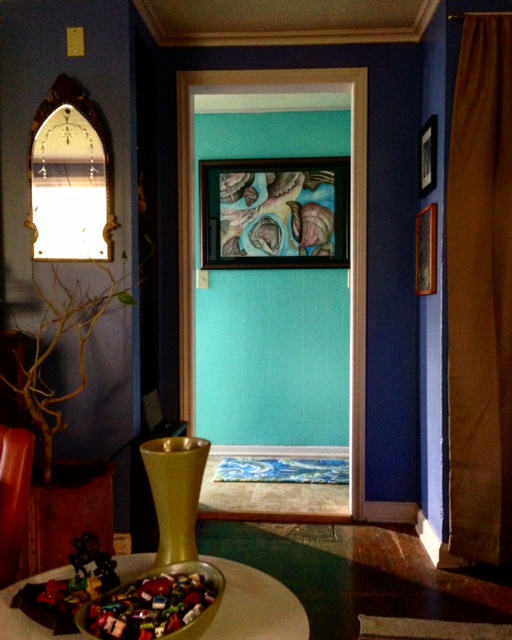
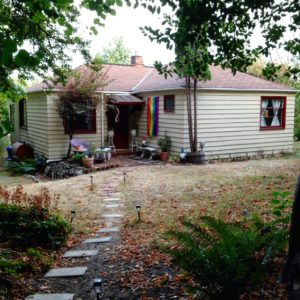
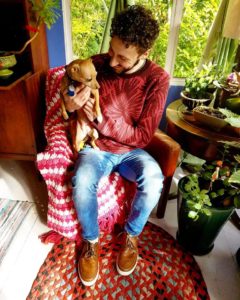
![[Image description: an overgrown raised bed with trash and weeds.]](http://www.yellowbrickmissives.com/wp-content/uploads/2017/09/IMG_8452-e1505063111210.jpg)
